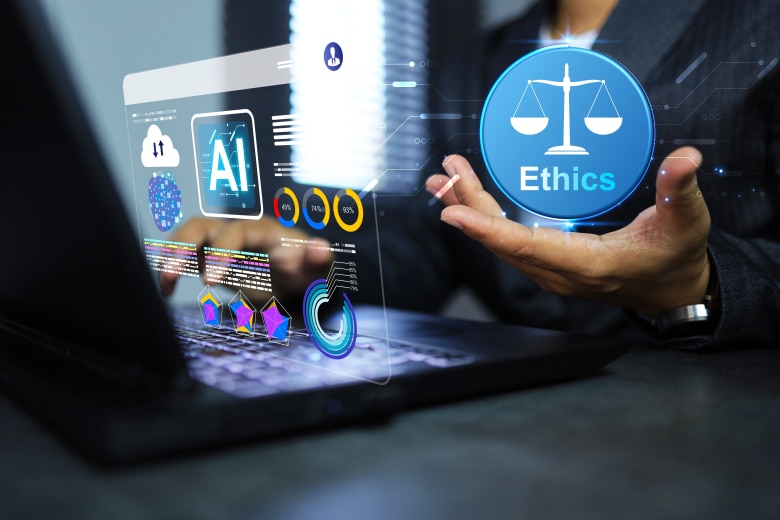Back in 1897, the Indiana State legislature nearly passed a bill that redefined the value of π as 3.2 – an act that would have crippled mathematical education in the state. I was reminded of this during one of the seemingly non-stop sessions on AI at ViVE24, when a panelist, speaking on the issue of AI governance, ended his remarks with “don’t try to regulate math.”
Discussions on governance, on roadmaps, on investments, etc. dominated the event – to no one’s surprise. At the InterSystems booth, we conducted a crowdsourcing exercise, gathering sentiments on AI from the attendees. The results were interesting.
80% of respondents told us that the biggest challenge to be addressed with GenAI was one of the following:
· Ethical and human impact issues (29%)
· Data readiness (26%)
· Algorithm and data biases (25%)
My own vote was for biases – perhaps because it seems to me to be fundamental to the ethical issues involved in deploying the models, and is in many ways, a by-product of our lack of data readiness. But all three challenges were fairly equally weighted in our data sample of 134 respondents.
On the other hand, when we asked about the greatest risk of harm or abuse, the results were much more emphatic: Nearly 46% were concerned with the risk of patient data ending up in the public domain through unconsented or unintended (or both!) public data sharing. The next highest scores were widening health equity/digital disparities (21%) and misuse of intellectual property (19%) – nowhere close to concerns about patient data in the wild.
Admittedly, this is a healthcare crowd. We tend to have HIPAA rules drummed into us practically from birth. Nevertheless, I find it particularly interesting when paired with a recent conversation with the representative of a leading industry analyst firm. They believe that virtually every clinician is making some use of GenAI to manage patient data, regardless of whether that usage is sanctioned by their organization, and with little regard for the privacy profile of their app of choice. Small wonder we all fear data escaping into the wild.
We also asked people to rate their personal feelings toward GenAI along three scales – from fearful to ecstatic, pessimistic to optimistic, and powerless to in control. More people indicated they felt very, or somewhat powerless than those who felt fearful or pessimistic. But overall, if you collapse the results into a positivity index, the ViVE24 respondents skewed positive, for an average of 3.88.
My own take away from the conversation so far is that we don’t need to regulate the math, but we do need to concentrate on making it easy to do the right thing – whether through governance models, the applications we build, or through the technical capabilities to manage data and build unbiased algorithms.
I hope you’ll add your voice to the data at HIMSS24 in Booth 1361.




































